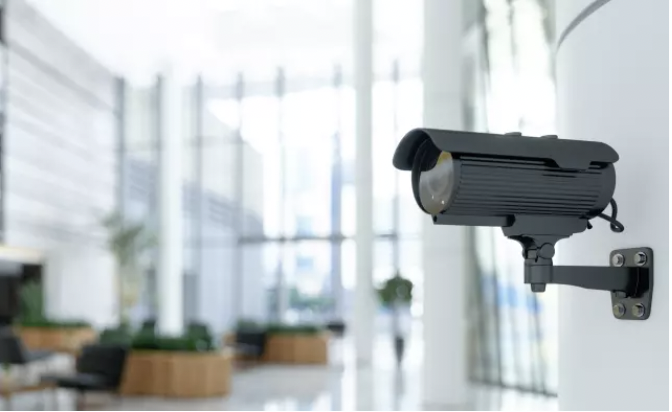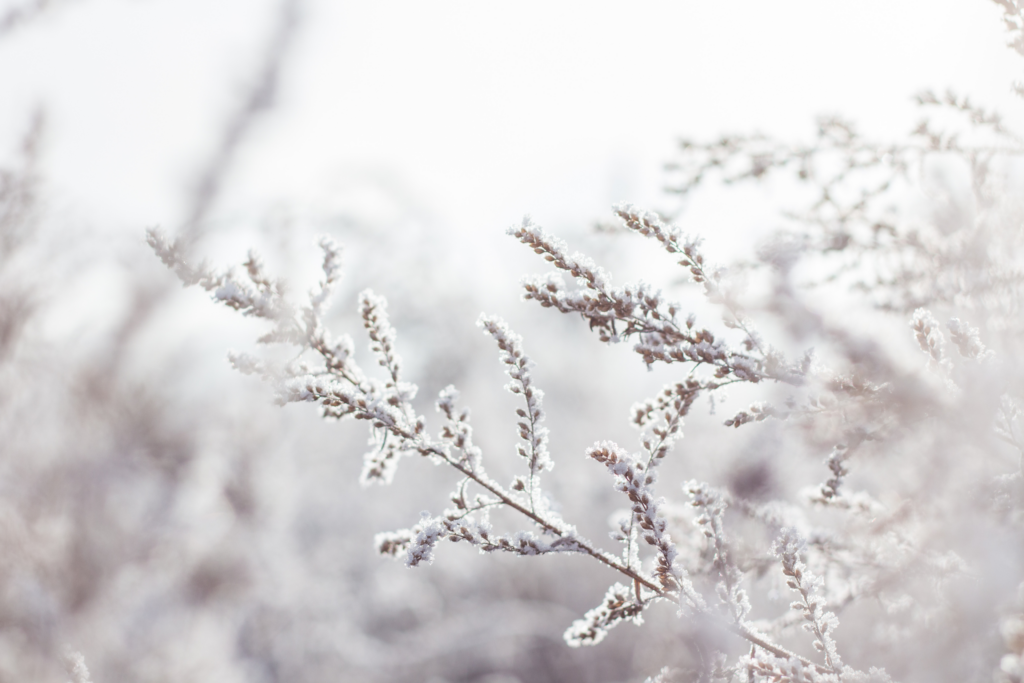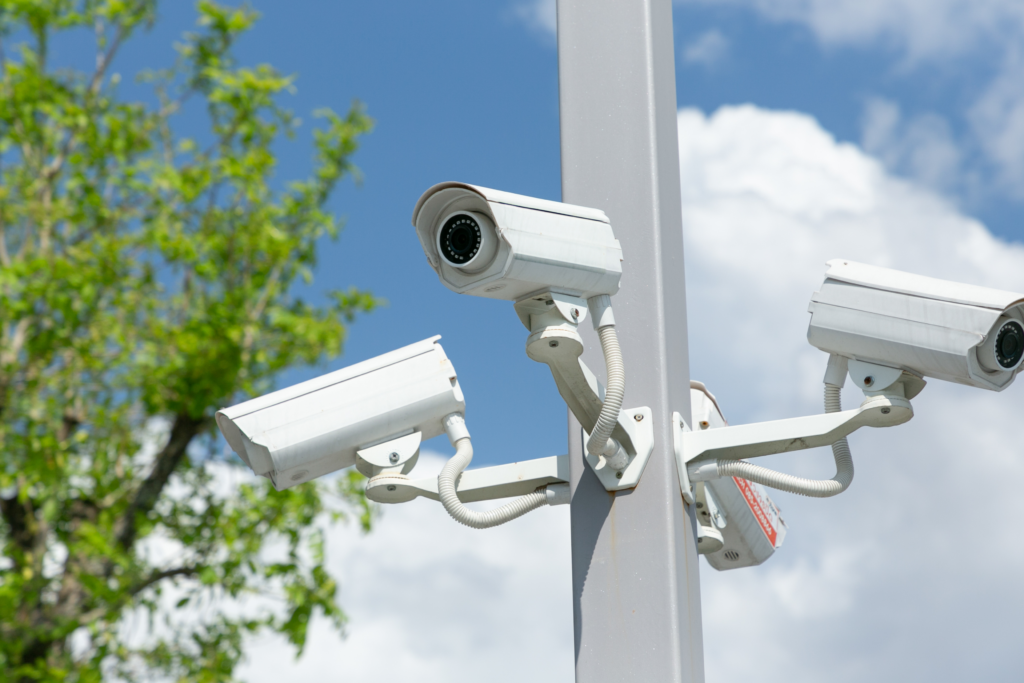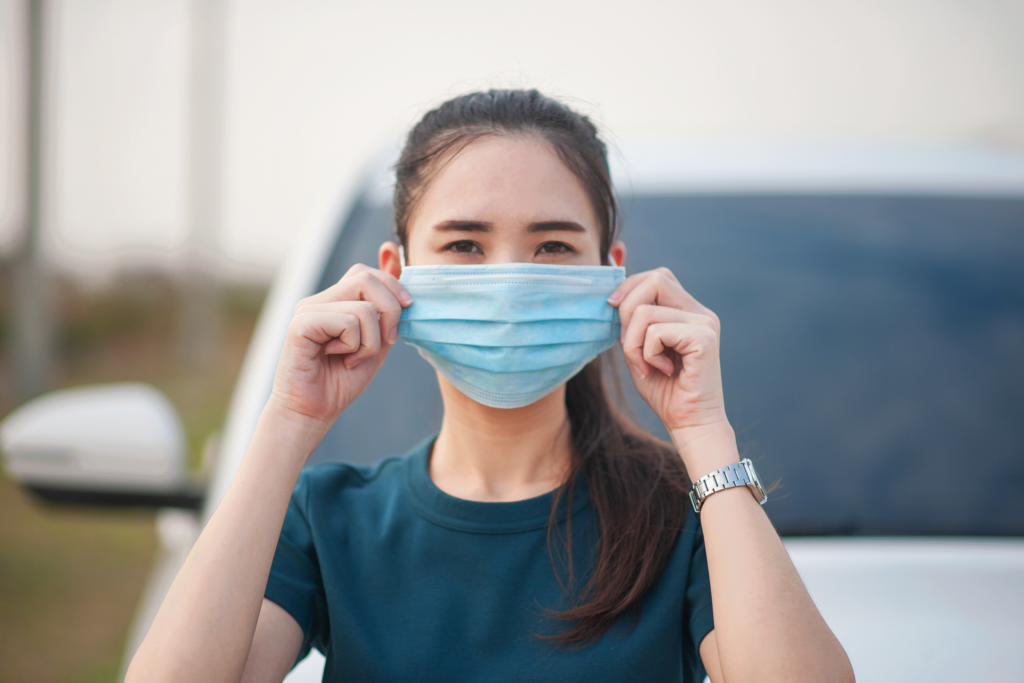One thing can be expected during the winter months across the country: Unpredictable weather. Icy roads, heavy snow, strong winds, extreme cold and rain are all winter conditions that can cause property damage and risk lives. The best protection for your safety and security during a winter weather emergency is knowing what to do.
Preventing Flooding
• Your property and home should be routinely inspected to ensure that no potential flooding hazards are present.
• Pay close attention to your roof and gutters. Keep sandbags at the ready.
Driving During Severe Weather
• Try to avoid driving at all in inclement weather until conditions improve.
• Always allow for extra time. Listen to newscasts and weather reports to keep abreast of current conditions.
• NEVER let your car warm up in an enclosed area. You could be potentially killed by a build-up of carbon monoxide.
• To prevent gas line freeze-up, keep your tank at least half full. • Wear your seatbelt. • Be aware of how your brakes operate in bad weather. If you’re not sure, test them on a safe stretch of road at a low speed.
• Leave at least three times the usual space between you and the car in front of you. Drive slower than posted and leave plenty of room to stop. • Remove snow from your headlights and keep them on to increase visibility.
• Don’t slam on your brakes or you may start to skid. If your wheels lock up, let up on the brake.
• Use the gas pedal, not cruise control on snowy and icy roads. Be especially careful driving over bridges, which tend to freeze faster than the road.
• Clean your windshield and make sure that your wipers are working properly.
• If you get stranded, don’t panic. Tie something brightly colored to the exterior of your vehicle. Wrap yourself in any extra clothing you might have on hand to keep your temperature up. Run the vehicle’s heater about 10 minutes every hour, with the window opened slightly. Don’t fall asleep.
• Have an emergency kit ready in your vehicle. Items to include: battery-powered radio, ice scraper, flashlight and batteries, jumper cables, tire inflator, road flares, oil, paper towels, antifreeze, first aid kit, gloves, blanket, fuses, screwdrivers, pliers, wrench, rags, snacks or energy bars, duct tape, pocketknife, pen/paper, any personal medications, additional outerwear, waterproof footwear, matches, and bottled water.
During a Storm
• If using a wood stove or fireplace, make sure that they are adequately vented to prevent carbon monoxide build-up.
• Plug space heaters directly into an outlet. Do not use an extension cord. Never leave the heater unattended. • NEVER use a gas or charcoal grill indoors.
• If using candles, do not leave them unattended. Try to use lanterns or flashlights instead.
• Let water taps drip slightly to prevent your pipes from freezing. • Improve air circulation under your sinks by opening the cabinet doors. This should help prevent your pipes from freezing.
After a Storm
• Check interior and exterior walls for cracks. Seal any you may find.
• Have your chimney and flue inspected every year.
• Clean gutters and drains of debris.
• Install carbon monoxide and smoke detectors and test the batteries each month.
• Insulate any water line that run along an outer wall.
• To prevent heat loss, install storm doors or cover them with plastic from the inside.
• Caulk and weather strip your doors and windows.
• Have your furnace inspected and change your furnace filters monthly.
• Service your winter weather specific equipment: Buy ice melt, test your snowblower, replace worn shovels.
• Trim away branches that hang too close to your building or electrical power lines.













